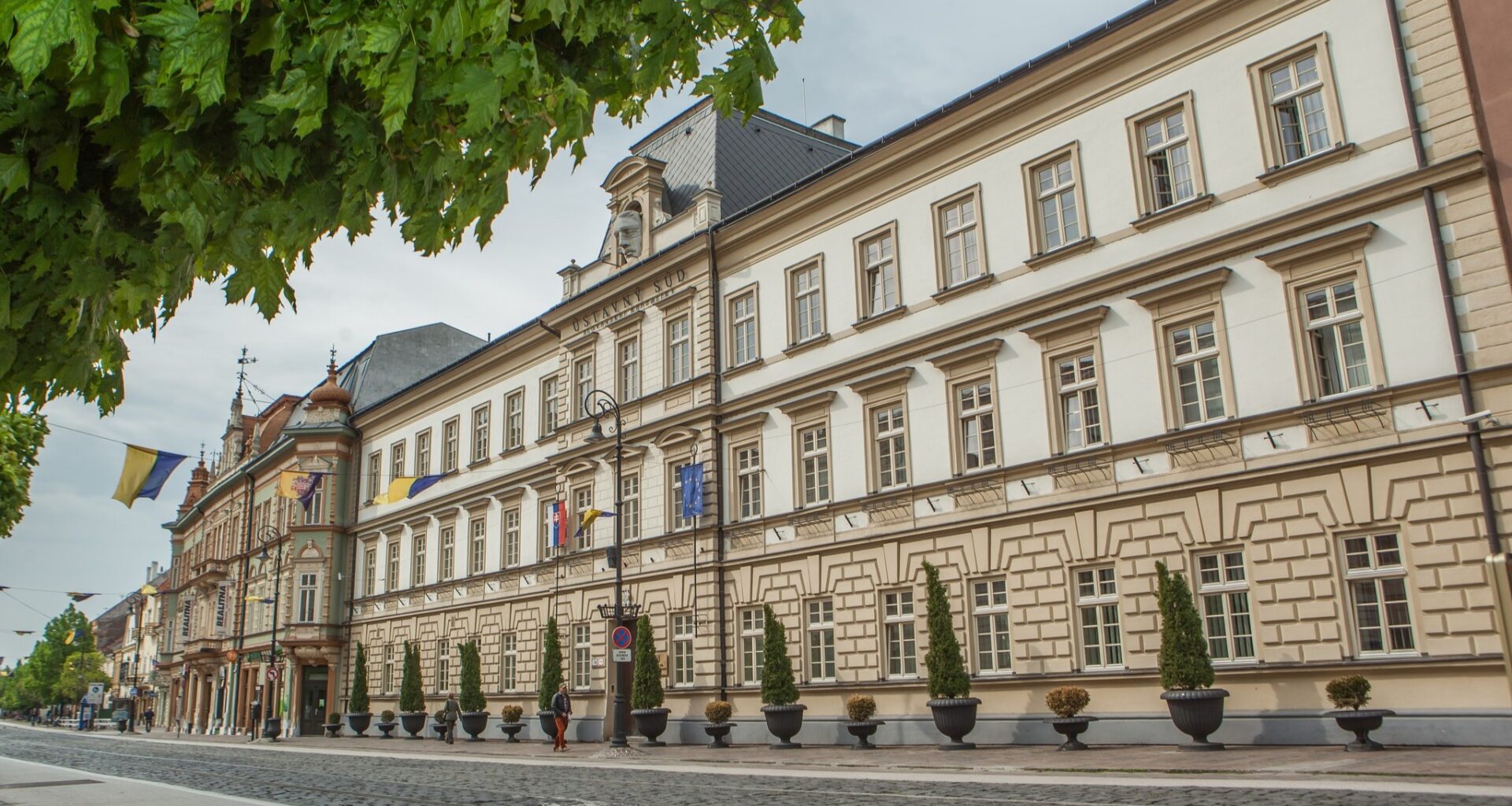A new international dispute is growing between the Slovak government and four Western European countries, as Robert Fico’s sovereigntist government accuses them of putting pressure on the president of the Slovak Constitutional Court through their ambassadors to reject the proposed law against interference through foreign-funded NGOs.
France, being in the center of the accusations, was the first to officially deny the claims on Wednesday. According to the statement published by the French Embassy in Bratislava, it “does not interfere in the internal affairs of the Slovak Republic and therefore did not attempt to influence the President of the Court,” and its goal was simply to foster future cooperation in order to strengthen the Slovak rule of law.
The statement refers to one of four suspicious meetings that took place recently in short succession between the ambassadors of France, the UK, the Netherlands and Luxembourg respectively and the president of the Slovak Constitutional Court. On Monday, Slovakia’s ruling SMER party published pictures on social media of the four ambassadors meeting with the president, saying that it considers it its duty to draw attention to the “unusual” visits right before the Court is set to decide on “politically sensitive issues,” such as the Law on Transparency of NGOs.
“This law is supposed to reveal possible foreign financing and thus protect democratic processes in Slovakia from foreign intervention, and that is why the mentioned visits cannot be taken lightly,” the party added.
On Tuesday, PM Fico and several of his ministers doubled down on the claims within a longer press conference, where the prime minister said the four diplomats had been “interested” in the NGO transparency law throughout the legislative process, so their last-minute meetings make it “evident that they tried to influence the court to declare the law unconstitutional.”
According to the government, the meetings were part of a coordinated diplomatic campaign to ensure that the law would not pass, and Western powers could keep spreading their influence in the country.
“We are witnessing a growing effort from abroad to influence our legislative and constitutional processes,” Fico said. “It’s not just about NGOs anymore. It is a comprehensive pressure on state institutions to maintain the impact of the progressive direction we reject,” he insisted, adding
We cannot allow foreign states to interfere in our decision-making processes and prevent the adoption of laws to protect national-state interests.
The government plans to follow up with official probes into the situation and is considering requesting further explanations from all four individual embassies. The topic will also be brought forward by Slovak diplomats in upcoming meetings of both the EU Council and NATO.
